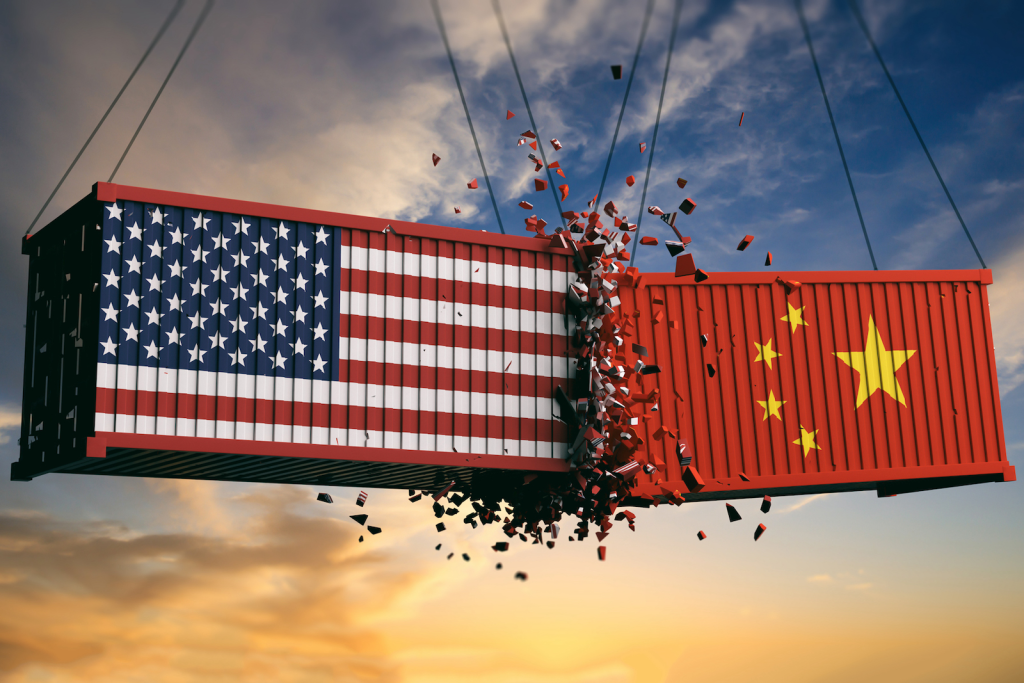Trade Wars and Their Effect on Global Trade Dynamics

Trade wars, characterized by escalating tariffs and trade barriers between countries, have become a significant disruptor in global trade dynamics. The recent tensions between major economies, notably the U.S. and China, have highlighted the profound impact of such conflicts on international commerce.
The imposition of high tariffs and trade restrictions can lead to increased costs for businesses and consumers. Companies reliant on global supply chains face higher production costs, which are often passed on to consumers in the form of higher prices. This inflationary pressure can dampen consumer spending and slow economic growth. For instance, U.S. tariffs on Chinese goods have raised prices for a range of products, from electronics to clothing, affecting both American consumers and Chinese exporters.
Moreover, trade wars can lead to market uncertainty, deterring investment and disrupting established trading relationships. Businesses may be forced to seek alternative markets or suppliers, causing shifts in global trade patterns. This realignment can benefit some regions while disadvantaging others, creating a ripple effect across the global economy.
In response to trade conflicts, countries might also pursue new trade agreements and partnerships to mitigate the impact of tariffs. For example, the U.S. has sought to strengthen trade relations with other countries, such as through the USMCA (United States-Mexico-Canada Agreement), to offset losses from trade disputes with China.
Overall, while trade wars can protect domestic industries in the short term, their broader consequences often include increased costs, disrupted trade relationships, and a more uncertain economic environment. Understanding these effects is crucial for businesses and policymakers aiming to navigate and adapt to the evolving global trade landscape.